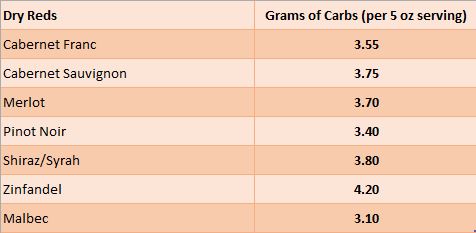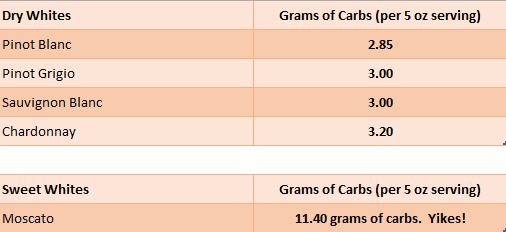Does Wine Make You Fat?

We’ve talked about beer.
Today we are going to give wine its day. People ask, “Does wine make you fat?”
“How can I drink my wine and not gain?”
Those are two big questions, followed regularly by, “Can I drink wine and still lose weight?”
Let’s explore.
First, I’ll tell you a story. I had several Plan Z dieters around the country who were very successful in their first round of Plan Z. Happy-Happy with their results. They went through the ZReduction phase of Plan Z and lost the weight. We taught them how to keep it off during the ZReboot phase; including consuming liquor, beer, and wine. They were happy campers. They now knew how to maintain their weight and eat happily forever.
But they wanted to lose more weight.
The next time they did Plan Z they had a little too much bravado. They decided to try the diet and still drink their wine after work. They followed the rest of the diet protocol closely. Never cheated. Well, they did cheat because you’re supposed to give up wine while on ZReduction but besides that, they were free of diet mistakes.
They reported back.
They lost about 60% less weight when they did a round of Plan Z while they drank wine.
Hmmm…
They thought they could get away with it. One glass on day one and it was smooth sailing. They lost weight. But I have to tell you, it catches up with you.
I’m going to quote an interesting excerpt I found online. There is a lot of debate on how or why consuming alcohol makes you gain weight (or lose it slower). It’s mind-boggling. It goes everywhere from the fact that you lose your inhibitions and just pig out, to calorie counting. Well, truth be told, dry wine (which most enthusiasts drink) is not high in calories. Only about 100 calories a glass.
This guy I’m quoting is not a scientist. He’s a recovering alcoholic who now blogs about the subject and counsels addicts. Usually, I can corroborate what I post with the study links that go with it. I can’t do that this time but I have a tendency to believe this guy. It makes sense. So put this through whatever filter you have and see how it impacts your thinking.
When alcohol is consumed, it’s broken down into acetate—which is similar to vinegar. The body burns acetate before any other stored energy in the body. In other words, it thrives on the alcohol instead of any excess fat you might be working towards reducing. The body prefers acetate to sugar and fat. In other words, your body will cling to the treats you had earlier in the day or week and thrive on the alcohol. That’s why plateaus are so common for those who drink and are working towards fat loss.
To make matters worse, alcohol has a knack for temporarily stopping the body’s lipid oxidation. This makes it even tougher for your body to burn existing fat. If you’re looking to gain weight, scientifically the best approach is to drink a lot and eat a lot of fat.
I might argue those last three words because we don’t believe fat makes you fat. Carbohydrates do and there is tons of science now to back that up.
So can you drink wine and not gain? I’d say, “Yes.” In ZReboot we prove it with folks all the time. The old adage of “everything in moderation” comes into play but the studies out of countries like France prove the point, too. I have been in France for an extended period and I can tell you they love their wine and the incidence of obesity is observationally almost non-existent.
Here are some numbers to make my point:


So if you stick to dry wines you should be able to drink a glass or two with your meal. Or, relax with a glass after work.
So how much is too much? That depends on your liver and how your body reacts. Most studies say stick to a glass or two, yet how does that compare to other things you buy in the grocery store? Here’s an interesting tidbit — how many grams of carbs in a medium apple?
Answer: 25
And who eats a medium apple anymore? They are getting bigger and bigger. I was listening to a radio talk show the other day and they had a guest who was there to promote new apple hybrids coming into the United States. Much of the conversation swirled around how the farmers are figuring out how to breed sweeter and sweeter apple hybrids and they may have started off in places like New Zealand, but they are making it to the United States over the next couple of years. Start watching for signs in the produce department for apples with names like: SweeTang, Juici, Opal and Snapdragon. I’ll never forget the first time I bit into a Honeycrisp apple. No apple had ever tasted so good or so sweet. And those things are huge. They run more like 30 grams of carbohydrates. Thankfully they also provide a lot of fiber. So swirl that glass of wine if you choose and savor it. Enjoy it – if you drink it in moderation you shouldn’t gain weight. But don’t expect to lose weight while you’re doing it. Wine is not a diet food.
Cheers,